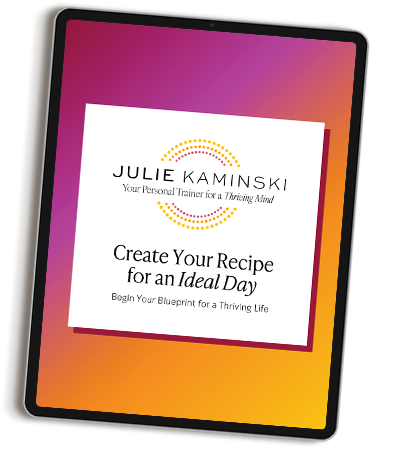Intermittent fasting hit my radar four years ago at a lecture on the science of weight loss.
The physician referenced a study in which women who practiced intermittent fasting had a lower recurrence of breast cancer. The carefully structured dietary regimen continued to pop up in journal articles over the next few years.
I encountered intermittent fasting again recently while doing background research for The Walking Book Club selection Nine Perfect Strangers. Part of the story involves characters participating in the eating trend. My research for the book extras of the round revealed numerous benefits, one of which is weight loss. Having gotten a little “fluffy” around the middle, I decided to give it a try this past January.
I’m keen to share my observations, but first here’s a brief overview.
Intermittent fasting is not new. Fasting is part of our human evolution. Our ancient ancestors didn’t have supermarkets or refrigerators. We evolved to be able to function without food for extended periods of time. Some would even argue fasting from time to time is more natural than always eating three or four (or more) meals per day. Fasting also has roots in religious or spiritual practice.
Intermittent fasting is not starvation or a diet. It’s a timed approach to eating. Unlike a dietary plan that restricts where calories come from, intermittent fasting does not specify what foods a person should eat or avoid.
Intermittent fasting is not for everyone. I repeat, it is not for everyone. Please do your own research, but here’s a nice overview and more information on the various health benefits.
And now, my personal observations.
Long term: When I work with clients, the ultimate goal is to find #healthybodyhappymind habits that will work for years or even a lifetime. I find intermittent fasting very doable. It took me a week to figure out a time frame that worked for me. Some people do extended fast or OMAD, “One Meal a Day.” But for someone who enjoys food, wine and socializing with friends, I found the bare minimum works best for me. My goal is 16/8 or an eight-hour eating window. In reality, it’s more like a nine-hour window with a few 10-hour days sprinkled here and there. So maybe I’m not in ketosis which brings me to the second observation.
Slight shifts: Ketosis is a metabolic state in which your body derives some of its energy from stored fats instead of from blood glucose. For some intermittent fasters, ketosis, or burning fat, is the goal. But even though I may not be in ketosis myself, I’ve found my slight shifts in behavior have been beneficial. I delay eating till about noon and find this doable as long as I have a morning coffee, even if it’s black. This shift eliminated about 90-120 calories per day from vanilla almond milk; over a span of a month that’s a total of 3,000 calories.
Different cravings: My craving having shifted. In the past my favorite breakfast was whole grain toast with olive oil butter. Now I usually crave a big salad (although a good bagel is always hard to pass up.) In general I’m finding I crave healthier foods, usually fewer carbohydrates and processed foods and more fruits and veggies.
Reset hunger hormones: The science of hunger hormones is complex in itself and is further complicated by the fact that our bodies are all different. Think about the difference within your own friends and family circle. I’m generally hungry most of the time, where as my son forgets to eat (I know – how bizarre?). In the past, I would eat when I felt the ghrelin (signals hunger) kick in. Now I know I can wait. “Delay, don’t deny” is a mantra that has been helpful in shifting response to tummy growls. And I feel a better sense of “full.”
It’s free: The $60 billion dollar diet industry hypes quick fixes and costly products. Intermittent fasting is free and there are several resources and online communities that can support your efforts.
Moderate the pendulum: One thing I’ve noticed while reading conversations in forums is that it might be helpful for people to release their “all or nothing” mindsets. Too often I read people’s self-punishing posts about “blowing it” or “binging” and “having to start over.” The health coach in me wants to help people find a better balance between restriction and indulgence. The pendulum between complete restriction and full-blown binge doesn’t have to swing so high in either direction. Life’s beautiful and sometimes yucky – chaos will throw you off here and there. I allow myself to have breakfast with my family on vacation and when I’m really hunger, even if it’s within the 16 (okay, 14-15 hours fasting window). It doesn’t have to be an-all-or-nothing.
As always, please do your own research and consult a physician with concerns or questions. Your answer to #healthybodyhappymind is completely your own.
With warmth,
Julie






